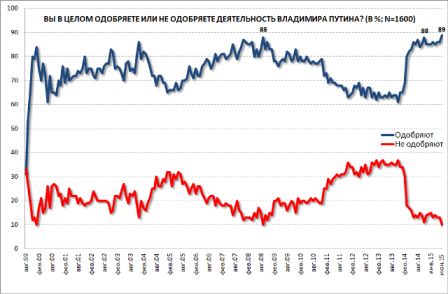I don’t often agree with anything in The Interpreter magazine, an online publication whose content is almost uniformly hostile to Russia and its government, but it has recently had some sensible things to say about the protests in Armenia against electricity price increases. The magazine failed, however, to push its argument through to its logical conclusion, perhaps because doing so would have forced it to reassess some of its own preconceptions. Let me give two examples.
First, The Interpreter cites Russian sociologist Igor Eidman (a cousin of the murdered opposition politician Boris Nemtsov), as saying that members of the Russian government, particularly the so-called siloviki (representatives of the military and security and intelligence services), ‘simply cannot imagine that people are capable of protesting against a government of their own free will to seek changes, democracy and so on. In their picture of the world, the special services of competitor countries must stand behind all such events.’
Second, Paul Goble remarks that, ‘Many Russian analysts are hurrying to suggest that this week’s protests in Yerevan and their suppression by the Armenian government are the opening round of a new Maidan, an anti-Moscow action that is being promoted and exploited by the West as part of a broader geopolitical struggle.’ Goble argues that this point of view is mistaken. Viewing the Armenian protests as engineered by the United States could lead Moscow into counter-productive policies, he concludes.
This is all true enough, but it isn’t the full story. The phenomenon which The Interpreter describes is not an exclusively Russian one; indeed The Interpreter itself has been guilty of it. For it and many others who oppose the current Russian government and who also oppose the rebellion in Ukraine, have consistently refused to accept that the protests in Donbass which led to the current war were expressions of popular will. They do not accept that the people of Donbass people are ‘capable of protesting … of their own free will.’ By contrast, most Russians do accept this, and thus it isn’t true that they cannot imagine such a thing. Whether people believe that protests are spontaneous or the product of outside forces depends very much on whether they support the protests in question.
Thus, the Russian government and its supporters regard the Maidan protests in Kiev which led to the overthrow of Ukrainian president Viktor Yanukovich as having been directed by American puppet-masters, whereas they view protests in Donbass as having been spontaneous in nature. The current Ukrainian government sees it the other way around: spontaneous protest at Maidan, and Russian puppet-masters in Donbass.
Both sides are wrong. It is obvious that foreign forces gave encouragement to both sets of protests, but it is naïve to imagine that the diplomats or intelligence services of any country can simply push a few buttons and incite rebellion wherever they wish. Local initiative, pushing from below, is essential in all cases, and is the primary driver of events.
Yet, while refusing to give too much credit to outside agencies, one should also avoid overstating the degree of popular support which underlies such protests. The people who occupied Maidan did not represent Ukraine as a whole; had they done so, there would not now be civil war there. Similarly, the initial demonstrations in Donbass in spring 2014 attracted no more than a few thousand people. Street protests provide a mechanism through which radicals can bypass normal legal procedures. Even if tens of thousands of people participate, they are not democratic in nature.
Overall, therefore, the conspiratorial model which describes mass demonstrations primarily in terms of external intervention is inaccurate, but one should be careful not to idealize such demonstrations as the true voice of the people either.





